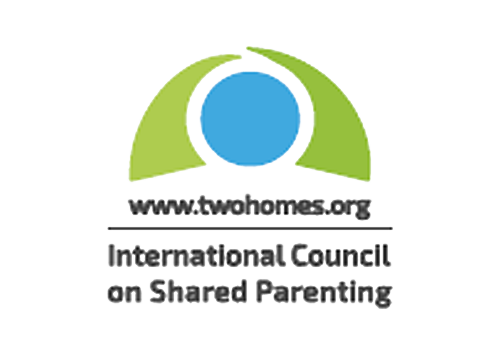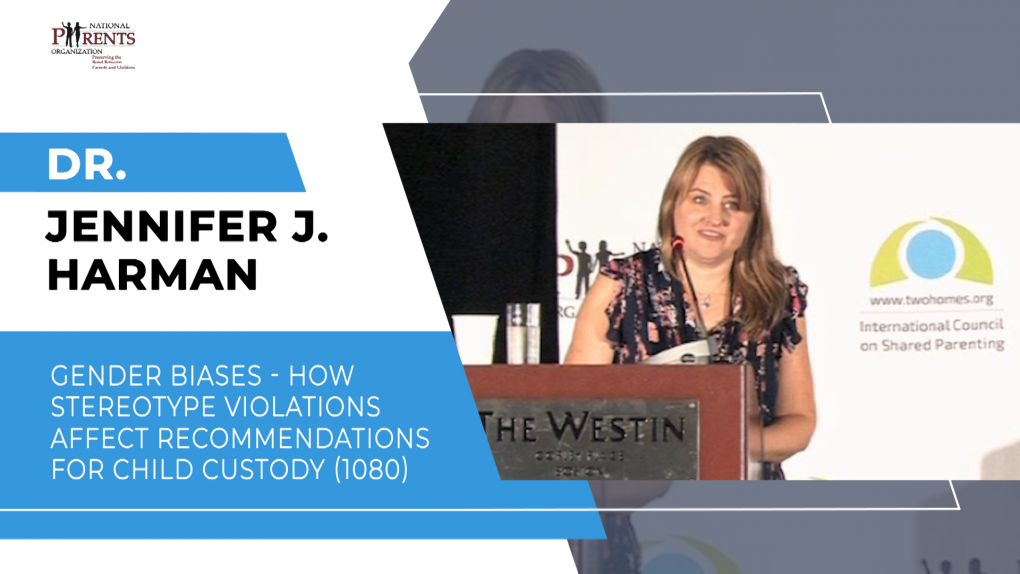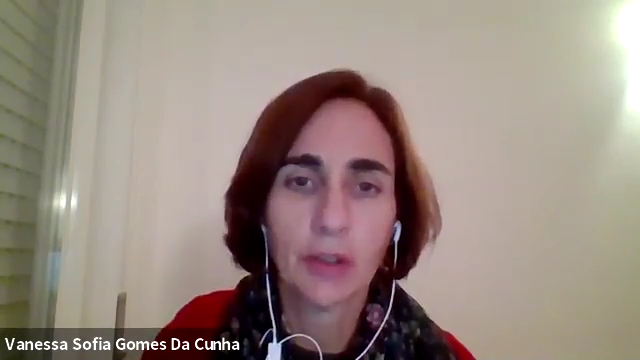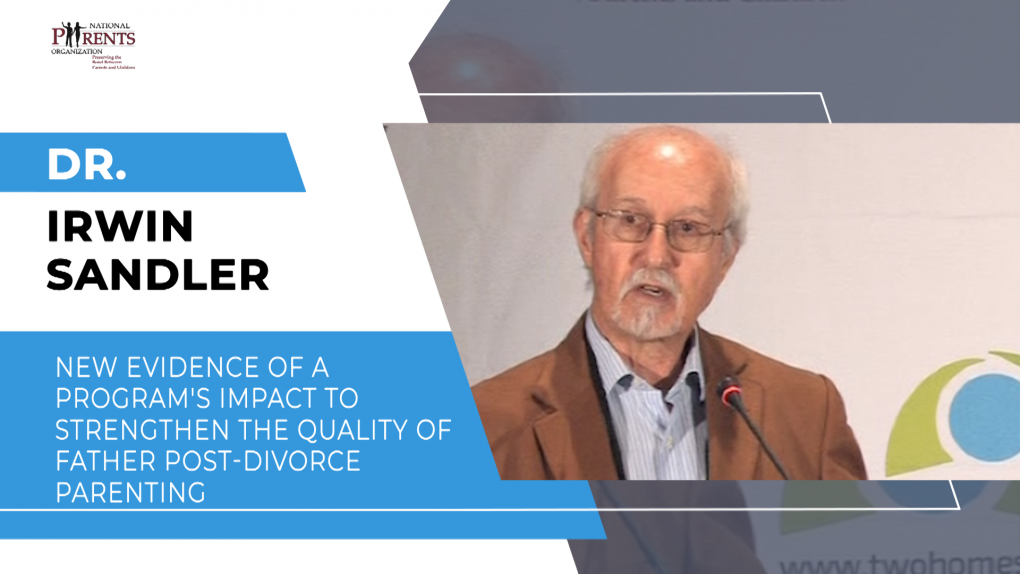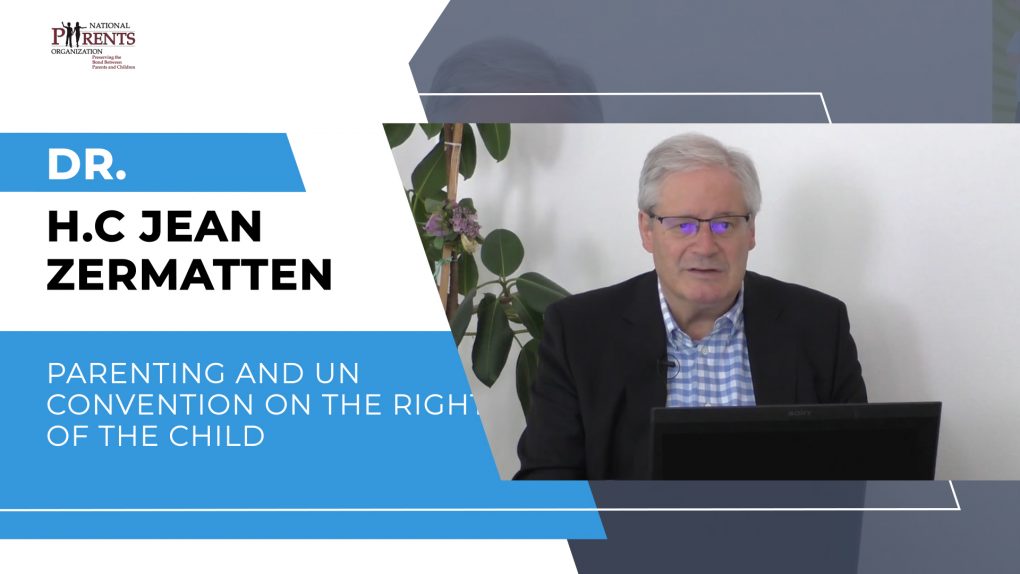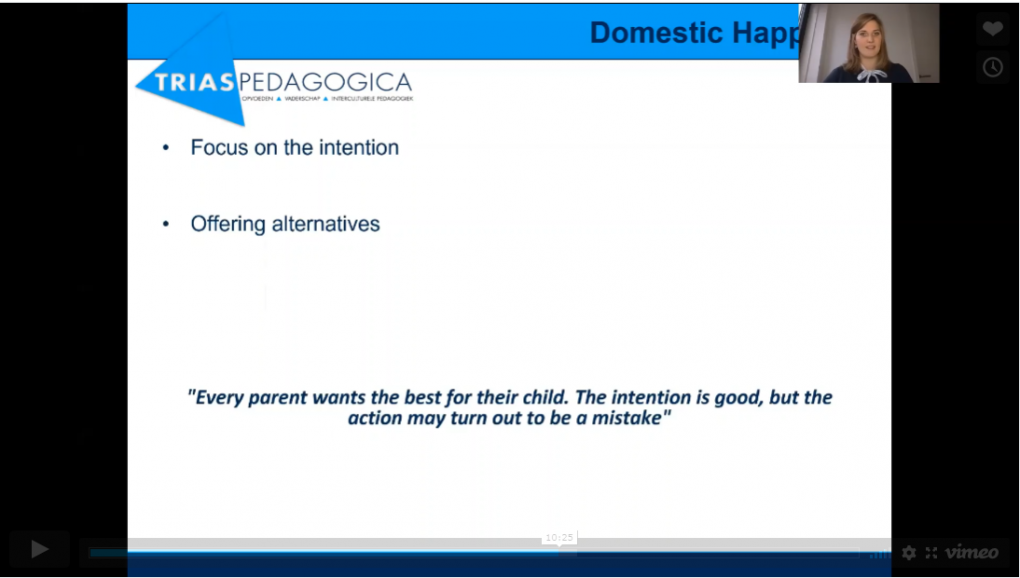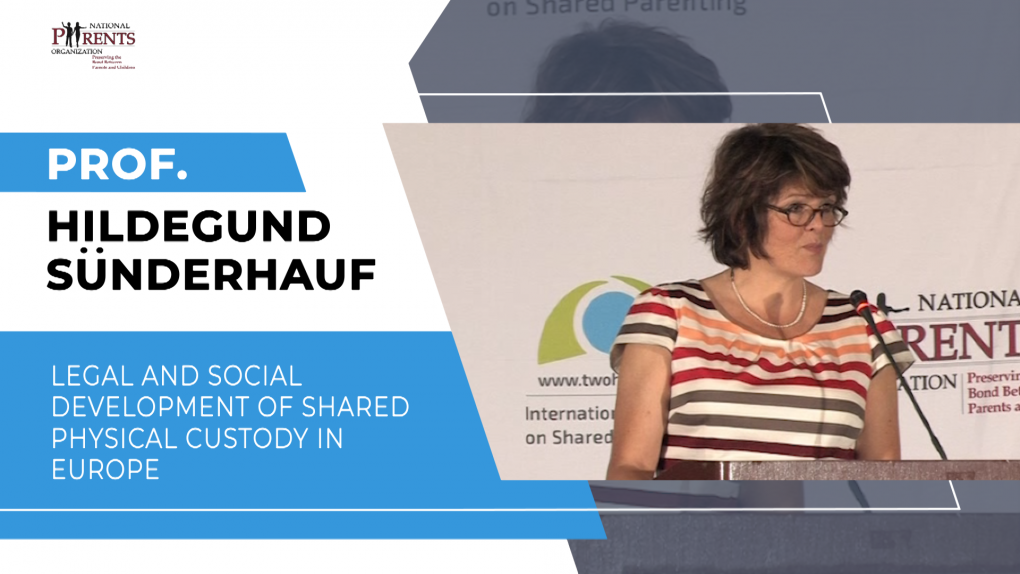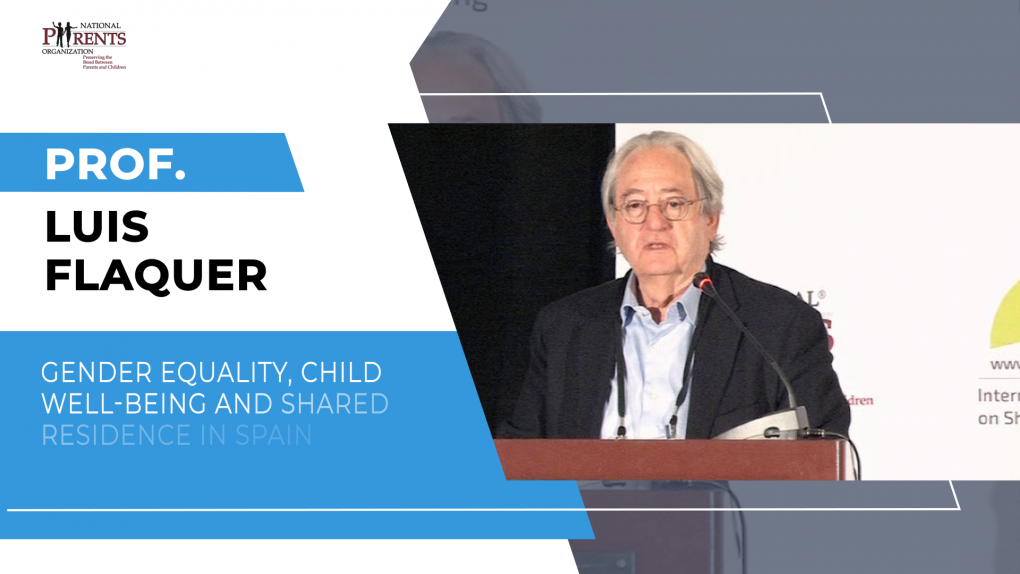Decisions about child custody in family courts are largely discretionary, even in jurisdictions where shared parenting laws have been passed. Researchers have long documented how gender stereotypes affect child custody assignment, and both mothers and fathers have argued that they have faced discrimination in family court (e.g., Warshak, 1996)
Masculinity and Child Custody
The presentation will be an interactive experience where participants learn the definitions of Toxic Masculinity, Multi-Masculinities, Male Gender Role Strain, Male Gender Role Conflict and Male Gender Sensitive Intervention.
Ron Columbo has worked in various clinical settings with diverse populations for over thirty years. He started his journey to understanding Masculinity in 1980 by participating in a one year intensive of feminist philosophy. He has a Bachelor of Arts Degree in Philosophy from Stony Brook University, New York and a Master’s Degree in Clinical Social Work from Barry University, Miami. He is licensed as a Clinical Social Worker in Florida and in California. In the 1990’s he was a Florida CEU provider training professional audiences, including a Florida NASW State Convention regarding the Male Socialization Dysfunction. He resides in Lancaster, California and is employed as a Child Custody Mediator/Evaluator. He has a private clinical practice based on Ericksonian psychotherapy and can be contacted at [email protected].
Men Locked in Traditional Gender Roles and Identities: Identifying the Obstacles for the Promotion of Caring Masculinities
Since the beginning of 2000s, reports and research have recognized the thrive of caring masculinities, closely linked to changes in the way men perceive, experience and display their role as affectionate and hands-on fathers. This literature has also highlighted the impact of the reshape of male identities and practices, underpinned by a commitment to caring responsibilities, at different levels: individual, by increasing the wellbeing of children, women and men themselves; familiar, by improving work-life balance and the sharing of responsibilities in the household; and societal, by reducing the social and human costs of the harmful facets of traditional masculinities. This cultural transformation, taking place in many parts of the world, is grounded in social attitudes increasingly favourable to gender equality in the public and the private spheres, specially cherished by young men and women that understand both spheres as fundamental for their self-fulfilment. But it is also being supported by public policies and their legal frameworks under the assumption that “men need gender equality and gender equality needs men” (Scambor et al. 2014), i.e., that men are crucial allies for the development of societies with greater and more inclusive levels of gender equality; and with all-encompassing benefits, including the reduction of the visible costs that women (and the less visible ones that men) have been paying under a gendered, male-dominated world. This paradigmatic shift is being addressed in a new age of parental leave policies, by explicitly encouraging men to share family responsibilities through their involvement in primary and autonomous caregiving. This public recognition of the caring role of fathers – their right as much as their duty to care for their children – is in line with former measures that have been targeting women’s participation in the labour market, including the legal protection of working mothers, so they could overtake the prejudice of maternity and fulfil themselves in the public sphere. Dual-earner/dual-carer couples, full-time working mothers, caring and hands-on fathers are ultimate achievements of this social progress. The legislation on shared parenting after divorce/separation should be understood in the realm of this paradigmatic shift towards public policies committed to gender equality and the sharing of family responsibilities among men and women. However, it is taking place an extensive debate, among several social actors, on its pros and cons, with family violence (implicitly understood as the violence of and adult male over his female partner and/or children) taking the centre stage and bringing the debate into a difficult crossroads. This state of affairs is obviously linked to the social visibility of the costs of harmful facets masculinities. However, sustaining the status quo has several costs as well: maintains the gender bias and gender divide in societies, locking men and women in traditional gender roles and identities; diminishes the potential of the changes that have already taken place in family life, wherein caring masculinities plays a crucial role; hinders the deepening of the pathway towards gender equality in societies, which requires men (as much as women) and their ability to defy hegemonic masculinities. Against the backdrop of Portuguese society, and drawing on results and conclusions of a White Paper on men and gender equality, but also on qualitative research, this presentation intends to contribute for the wider debate proposed by the ICSP-Conference, by bringing an insight on the obstacles that societies still pose to the thrive of caring masculinities, namely in family life.
New evidence of a program’s impact to strengthen the quality of father post-divorce parenting
Dr. Irwin Sandler Arizona State University, USA This presentation will discuss the state of evidence of the relations between the quality of father parenting following divorce and children’s post-divorce adjustment. We will first discuss what we mean by “quality of parenting”. We will then discuss new evidence that the quality of father post-divorce parenting is associated with children’s well-being particularly …
Parenting and the UN Convention on the Rights of the Child
Parenting and the UN Convention on the Rights of the Child
Parenting Debates with Fathers – Domestic Happiness
Educational Debates with Fathers about Domestic Happiness: A Successful Method in the Prevention of Domestic Violence in the Netherlands
Plenary Session – Plenary Speakers Panel Discussion Day 2
Facilitator: Prof. Donald Hubin Ohio State University, USA
Speakers:
Dr. Michael Lamb Cambridge University, UK
Prof. Edward Kruk ISCP President, University of British Columbia, Canada
Dr. Malin Bergström Karolinska Institute, Sweden
Prof. Hildegund Sünderhauf Lutheran University of Applied Sciences Nuremberg, Germany
Prof. Patrick Parkinson University of Sydney, Australia
Dr. William Austin Child Custody Services, USA
Plenary Speakers Panel Discussion – Facilitator – Prof. Donald Hubin – Day 1
Facilitator:
Prof. Donald Hubin Ohio State University, USA
Speakers:
Dr. Richard Warshak University of Texas Southwestern Medical Center, USA
Dr. Irwin Sandler Arizona State University, USA
Dr. Kari Adamsons University of Connecticut, USA
Dr. Sanford Braver Arizona State University, USA
Dr. Pamela Ludolph University of Michigan, USA
Dr. William Fabricius Arizona State University, USA
Dr. Linda Nielsen Wake Forest University, USA
Legal and social development of shared physical custody in Europe
Since WW II, the role model in families has changed all over Europe from the “bread earning father and housewife”- ideal to both working parents with shared parental responsibility (legally and physically). This change has been followed by law in a first step already: Countries in Europe have changed from single legal custody after divorce to shared legal custody. As a second step law is changing from sole custody to shared physical custody. Looking at the development in several European countries makes a prognosis possible: shared parenting will be the legal presumption and getting “normal” soon. The European Convention on the Exercise of Children’s Rights and article 8 of the European Convention on Human Rights guarantee for a parent and child, being together as an essential part of family life. Due to this and due to the doctrine of nondiscrimination to fathers, the parliamentary assembly of the Council of Europe passed in October 2015 Resolution No. 2079 “quality and shared parental responsibility: The role of fathers.” This resolution includes the strong recommendation to all nations to introduce into their laws the principle of shared residence following a separation, limiting any exceptions to cases of child abuse or neglect, or domestic violence.
Gender equality, child well being and shared residence in Spain
Prof. Lluis Flaquer – Gender equality, child well-being and shared residence in Spain

